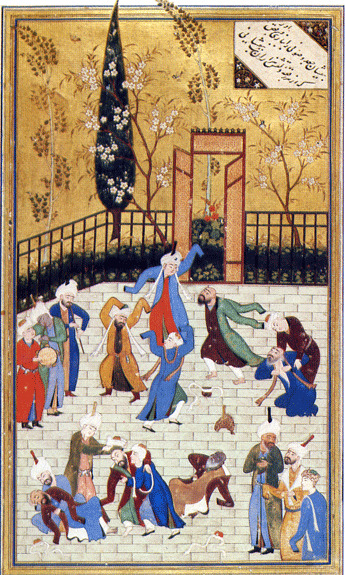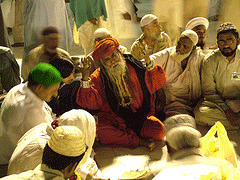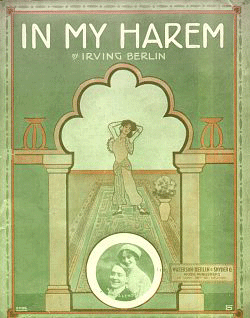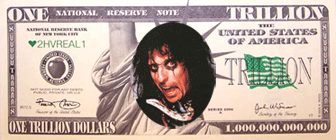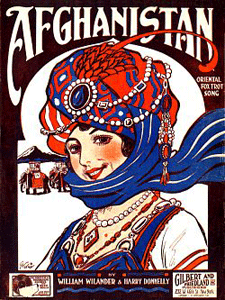
Music is alive and well in Muslim societies; Arab, Persian, Indian and Indonesian pop stars abound on the satellite channels and perform at weddings and other celebrations. There are also famous music festivals, the Baalbek Music Festival being one of the most known venues. So it should not be a surprise that the Yemeni port of Aden, long a crossroads of Muslims traveling east and west, should be the home of an Arab music festival. The Aden Festival was booked for February 14 with the Syrian singer Asalah Nasri and Egyptian star Issam Karika. As noted in an article in the current Yemen Observer, the director of the Aden cultural office, Abdullah Kudadah, considers the festival as a primary step for creating a tourism culture that will contribute to the economic and cultural renaissance of Yemen.
He further mentioned that this coming concert was among several proposed festivals for singers from different Arab states, as well as the fact that Yemen is launching four new satellite channels.
“Music is an international language. We know how the ancient Arab tribes used to celebrate their poets because they used to believe that their poets would promote the tribe. The success of a poet is the success of the whole tribe,†said Kudada. He added that Ukadh used to be the forum for all Arab poets from different Arab regions.
The director of Aden festival, Marwan al-Khalid, said the festival is the first of its kind organized by the Aden governorate. He said the festival will be held in the 22 May stadium and that more than 400 prizes will be given to the audience. In addition to 400 cell phones and one million Yemeni riyals divided amongst twenty winners, the grand prize of a Hyundai automobile will also be given away. Al-Khalid added that there would be VIP tickets costing $100 each, which include dinner and beverages. Ordinary tickets will cost YR3000 each.
Organizers have also decided to donate 30 percent of the concert proceeds to the aid of the Palestinian people in Gaza and to cancer health care in Yemen.
Al-Khalid expected a great turnout for the festival due to the fame of the Syrian singer.
Cultural expression and tourism: what could be wrong with that? The Devil, quite literally it seems, is in the details, also noted in the Yemen Observer article: Continue reading To Sing or to Sin? Is that the Question? →
